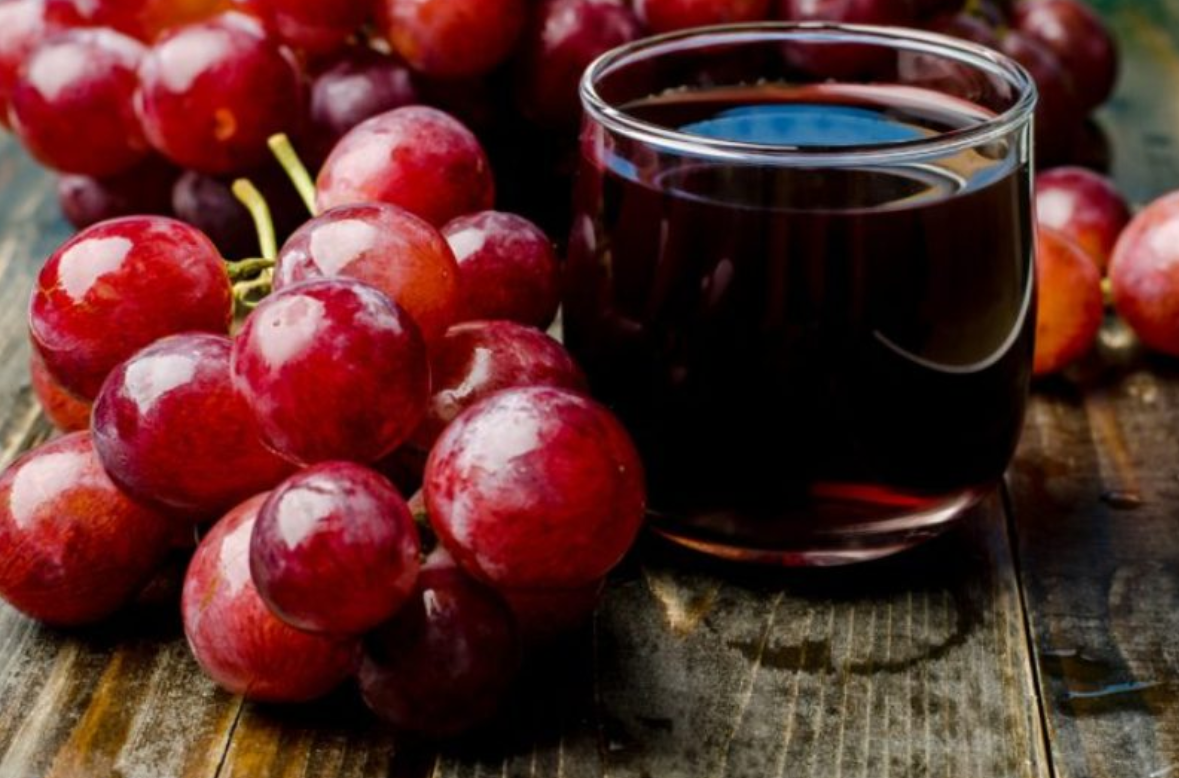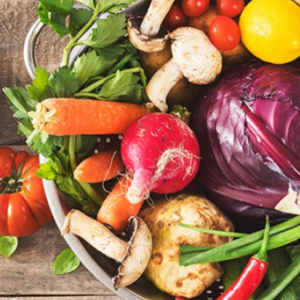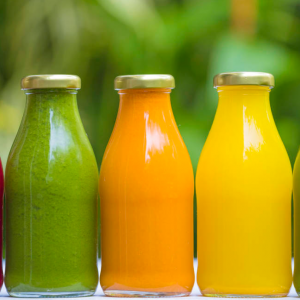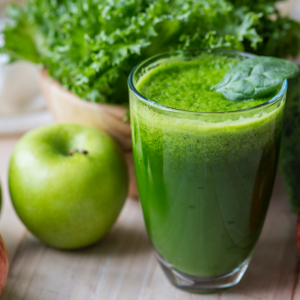Benefits of Organic Grape Juice
Spread the love. Share this article with your friends.
Do you want to know about the Benefits of Organic Grape Juice and how to make it? The world has known grape (Vitis vinifera) for its medicinal value for more than 6000 years. Egypt introduced the use of grapes and wine in the treatment. The sap from the grapes made into an ointment to treat skin and eye conditions.
Wine and fruit juice ripe they are used to control a variety of diseases, such as nausea, constipation, cholera, smallpox, heart disease, and even cancer recent epidemiological studies also reinforce the cardioprotective properties of this fruit extract.
Research supports the powerful antioxidant properties of grapes. Grape juice happens to be a new era of detox drinks. Keep reading to know about the therapeutic benefits of grape juice.
Grape juice has antioxidant properties and anti-inflammatory. It can control hypertension and aging. It can also help manage and avoid complications of prostate and digestive problems.
How to make organic grape juice?
Here are the 9 Benefits of Organic Grape Juice:
1 – May Protect Heart Health:
The wines are packed with antioxidants. Research suggests that grape juice is as therapeutic as wine. Red and purple grape juice reduces the stickiness of platelets (platelet aggregation), which is a critical factor in the clotting of blood.
Grape juice also increases levels of good cholesterol (HDL). It reduces the inflammation of the blood vessels and improves their ability to relax (vasodilation and relaxation).
2 – May Slow Down Memory Loss In Adults:
Concord grape juice from different contains antioxidant properties and anti-inflammatory. It can affect and enhance neuronal signals. Consuming this juice can reduce the risk of dementia.
In a random trial, 12 adults with memory decline recorded in Concord grape juice supplementation for 12 weeks. Researchers observed an increase in their cognitive behavior, verbal learning, and remembering spatial.
Active polyphenols such as resveratrol affect the memory centers in the brain, such as the hippocampus. Mice that received resveratrol showed an evident boost in learning, mood, and spatial memory. In contrast, the placebo-receiving counterparts they have a decreased ability to make new memories.
3 – Hopefully Managing Blood Glucose And Diabetes:
One of the primary reasons and causes of diabetes mellitus is oxidative stress. They eliminate the free radicals that cause cell inflammation of the pancreas to secrete insulin. Grape polyphenols work on impaired glucose tolerance on the network. It is supposed to be the early stages of diabetes.
4 – May Have Anticancer Properties:
Consuming purple grape juice may inhibit other DNA damage that can cause cancer. A study conducted in Korea showed the effects of regular wine intake on DNA. Healthy participants who have reduced levels of oxidative DNA damage in the cells of the immune system. Grape juice also increases the antioxidant capacity of plasma in it.
Wine phytochemical found to be effective in killing cancer cells of the colon. How they work selectively in cancer cells is still being studied. However, there is a decrease in the incidence of tumours in rats fed with grape extract.
5 – May Help Reduce Prostate Problems:
Prostate cancer and related issues are a significant cause of low quality of life and mortality in men. Laboratory studies showed anticancer properties of grapes and grape juice on prostate cancer cells.
Human studies have shown that nutritional supplementation with grape juice (480 ml/day) can reduce DNA damage without significant side effects. Juice can reduce the formation of free radicals by nearly 15% in eight weeks.
6 – Gut May Promote Health And Digestion:
Adding grapes to your diet with foods high in the fat gut microbial environment changes drastically. Despite having a limited absorption and digestion, wine polyphenols protect your intestines against pathogens, oxidative stress, and inflammation. Grape polyphenols in grape juice can control weight gain and glucose intolerance.
7 – May Inhibit Influenza and Enteric Virus:
Laboratory and animal studies have reported the antiviral properties of organic grape juice. The resveratrol in organic grape juice prevents the reproduction and spread of influenza viruses. It blocks host cell functions that are essential for viral replication.
It interferes with the production of proteins made in the process of viral replication. Resveratrol treatment improves survival in mice treated with 40%. More importantly, there are no reports of toxicity).
8 – May Help You Burn Fat:
Moderate doses of red wine or grape juice can help you burn fat. White grape seed flour found to be more effective in managing metabolic diseases such as obesity and fatty liver.
Ellagic acid in Muscadine grapes to dramatically slow the growth of fat cells that exist and the establishment of new ones (adipogenesis).
Overweight mice given doses of small wine worthy showed improvement in liver function. Ellagic acid and other chemicals triggered genes that control the metabolism of dietary fats and glucose. In this experiment, the rat blood sugar levels under control.
9 – Maybe Detox Your Body:
Grape juice can be an alcohol-free alternative to red wine. Make it a part of an antioxidant diet you introduce into your body. Combat oxidative damage to DNA and body.
Grape juice can prevent/delay the onset of heart disease, diabetes, obesity, stroke, neurodegenerative disorders, and cancer by free radicals.
All the above advantages are associated with the nutritional profile of grape juice. The phytochemical composition is another contributor. Resveratrol, quercetin, catechins, flavonols, anthocyanins, gallic acid and epicatechin are the key elements. Let’s see how much of each is present and how they are distributed.
Grapes contain a variety of phytochemicals, including phenolic acids, stilbenes, anthocyanins and proanthocyanidins. Their composition varies significantly between subspecies and species.
read more at Total Organic.







